Caring for jewellery & cleaning diamond rings
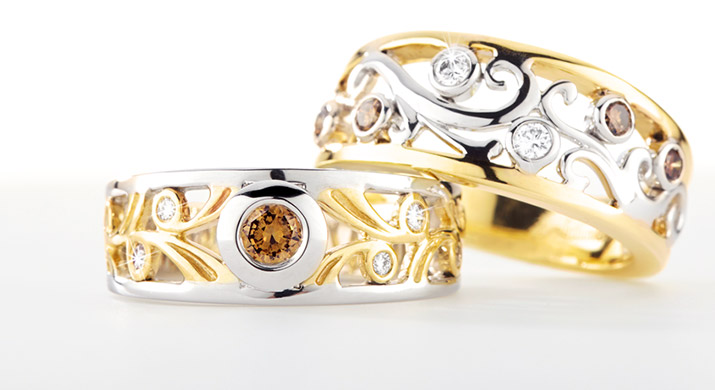
High quality jewellery can last a lifetime, and well beyond, if cared for and serviced properly. Even 18 karat gold and fine diamonds can unavoidably suffer scratches, dents and daily wear and tear. Luckily, with regular cleaning and the occasional service and repair, you can keep your precious pieces at their best.
And some of this maintenance, you can undertake at home, using household items.
All jewellery, including diamonds, is going to accumulate dirt and grime from daily wear, or dust when they’re not in use, especially if it hasn’t been stored correctly. Cleaning diamond rings and caring for jewellery is the best way to regularly maintain their sparkle and shine.

How to clean diamond rings
Dust, dirt, daily wear, and pollution combine in varying degrees to dull the brilliance of gemstones while also dimming the shine of platinum, gold, silver, and more.
Nina's recommends regular professional cleaning of all of your precious jewellery, as well as thorough maintenance to check the settings are adequately securing all of your stones, all carried out by our trained artisans. The best part? The specialists in our Dunsborough showroom will happily clean your fine jewellery for free, and advise you of any repairs or maintenance that are required at the same time. We can even provide you with a quote and undertake the work right here in our WA workshop.
How to clean diamond jewellery
In between your professional cleans, Nina's recommend that you regularly clean all of your diamond jewellery, keeping in mind that anything with stones other than diamonds will most likely need different types of care. It is worth noting that not all jewellery can be safely cleaned using ultrasonic cleaners, so they should be used with caution.
Before you start cleaning diamond rings, you will need a very soft bristle toothbrush, as well as a mild and non-abrasive liquid cleaning solution made using 6 parts warm water, 1 part ammonia, and 1 part dish washing liquid.
Steps for cleaning your diamond jewellery
- Place a bowl onto a flat surface and use it to mix together and hold the cleaning solution.
- Place the diamond jewellery into cleaning solution and then leave it to soak for 5 minutes.
- Remove the jewellery from the solution, then use the toothbrush to gently clean the diamond and around it, while using any extra cleaning solution you require.
- Gently rub the toothbrush against all of the diamond sides, including the crown (or the top), the pavilion (or the bottom), as well as all of the side facets.
- If your diamond is set in jewellery, you need to make sure that you brush thoroughly all over, under, around, and in between the grooves between the diamond and the jewellery.
- Once your diamond jewellery has been cleaned as much as possible with the liquid cleaning solution, simply rinse it thoroughly using warm clean water until all remaining cleaning residue is completely removed. Take special care doing this not to lose your treasure - we recommend submerging the item in a bowl or cup, rather than placing it under running water.
Remember to always make sure your jewellery is completely dry before putting it into storage, and you should never use abrasive cleaners or harsh cleaning techniques, as they often cause damage.

Cleaning gemstones
Ultrasonic cleaning is not very safe for many different gemstones, so Nina’s advice is to not use this method. While some gemstones may require some specific cleaning and care instructions, there are some basic directions for jewellery that can also be applied to gemstones. For example, most accessories set with coloured gemstones can be polished using a soft brush in some non-abrasive jewellery cleaners, or just some warm water mixed with a mild dishwashing soap that does not contain detergents.
Cleaning cultured pearls
Each time you wear your cultured pearls, you should always wipe them down with a wet cloth to remove contaminants such as sweat, perfume, and body oils which can cause them to turn yellow over time.
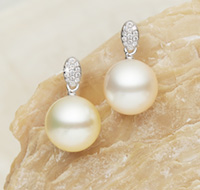
Nina's cultured pearls are hand knotted between each one, using only the highest quality of pure silk available on the market. But even the finest silk will eventually begin to stretch, weaken, and then become soiled over time, Nina’s suggests that if your cultured pearls are worn regularly, they should always be annually restrung while they’re professionally cleaned.
Cleaning silver, platinum, gold, & white gold
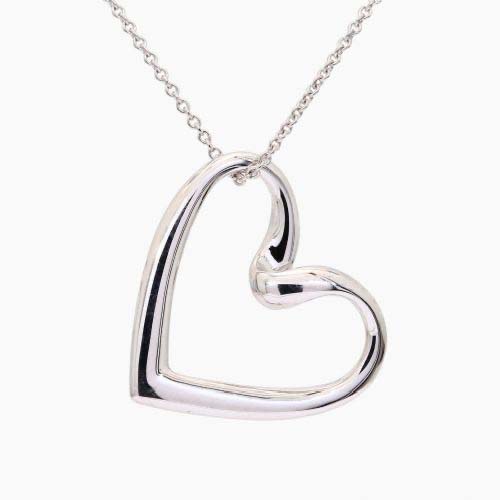
Silver actually becomes shinier the more often it's worn, as the friction slows down the tarnishing process. So instead of leaving your silver rings sitting inside your jewellery box, you should be wearing them as much as possible. For the times that you aren’t wearing your silver jewellery, you should invest in an anti-tarnish bag to store them in.
To ensure that all your jewellery in white gold is always looking its absolute best, you should have it plated with rhodium by Nina’s team of Master Jewellers at our Dunsborough workshop as needed.
Caring for jewellery
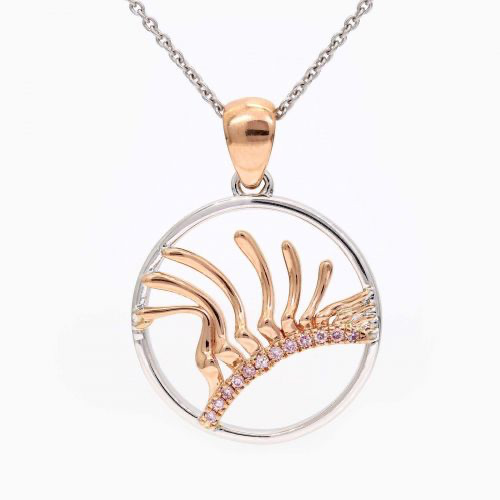
To protect your jewellery as best as possible, you should always remove it before any activity that may damage it. For example, you shouldn’t wear any jewellery when you go for a swim, as both saltwater and chlorine can cause damage.
Another good habit to get into is removing your rings whenever you are doing anything to cause grime build-up, like when you wash your hands, clean the house, and apply beauty products and lotions. Avoid excessive impact on all hard surfaces, extreme changes in temperature, and try to keep it away from cosmetics, perfumes, and the majority of household chemicals.
Regularly cleaning the facets of your diamonds means they can work like a series of little mirrors that reflect the light in and out of the stone. Cleaning and caring for jewellery is the best way to ensure that they shine bright and sparkle no matter what the occasion may be.
Nina's has been analysing, buying and crafting jewellery from diamonds in Western Australia for over 50 years from their Dunsborough workshop. We offer natural, ethically-sourced diamonds of the highest quality, that we hand select for each piece of jewellery we create, and every customer's individual needs. For more information on how to care for your diamonds, give us a call or call in for a professional clean and sparkle today.



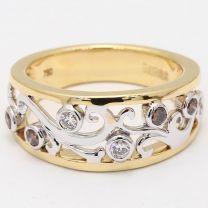

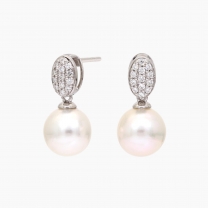



The information below is required for social login
LOG IN
Create New Account